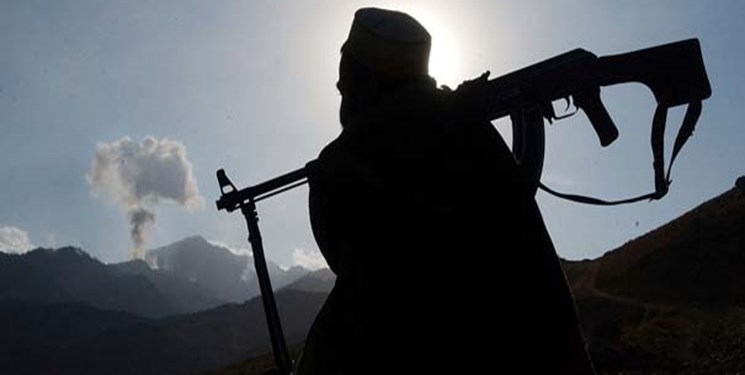Independent, propaganda analysis shows that no group in northern Afghanistan can pose a threat to the internal stability of Central Asian countries.
Alexander Kenyazov, a Russian historian and orientalist, analyzed the situation of the Taliban and their threat to the Central Asian region.
Ready for this analysis: Independent, propaganda-free analysis shows that there is no terrorist group in northern Afghanistan that could threaten the internal stability of Central Asian countries.
Risks for Central Asian Security: External or Internal Factors?
Conventional security threats include terrorist and extremist activities for Central Asian countries, mostly from within those countries. The activities of special envoys (representatives of extremist groups) for many years, the inactivity of government institutions in the field of religion, the failure to resolve many social and economic problems – this is a shortlist of the situation in all countries in the region.
At the same time, the relative stability in the region testifies that the possibility of instability is not so great.
If in 1999 and 2000 extremist radicals from some Arab countries, Turkey and Pakistan carried out propaganda activities, now in Central Asia extremist leaders, based on internal resources and related to the external environment, are more ideologically present.
In the meantime, there are external threats to attract private groups inside the country to their networks and maintain their influence over them.
The recruitment of citizens of Central Asian countries for many years in terrorist structures active in Syria and Iraq can be considered a great exercise in distributing this influence.
However, there is no reason to exclude the implementation of projects such as ISIS in other countries and regions.
Extremist organizations in Central Asian countries
Central Asia also has a good position on non-public organizations in terms of the developed network model.
The experience of the return of militant family members from Middle Eastern countries to their countries imposed on them by Western partners (Operation Mehr in Uzbekistan and Operation Josan in Kazakhstan) intensifies the closed-door internal organization in each country.
These people are called “victims of the times” and ignore the fact that at least half of them are trained recruits or future participants of non-public groups in their countries. Studies in other countries attest to this. There is no doubt that it will be done differently in Central Asian countries!









